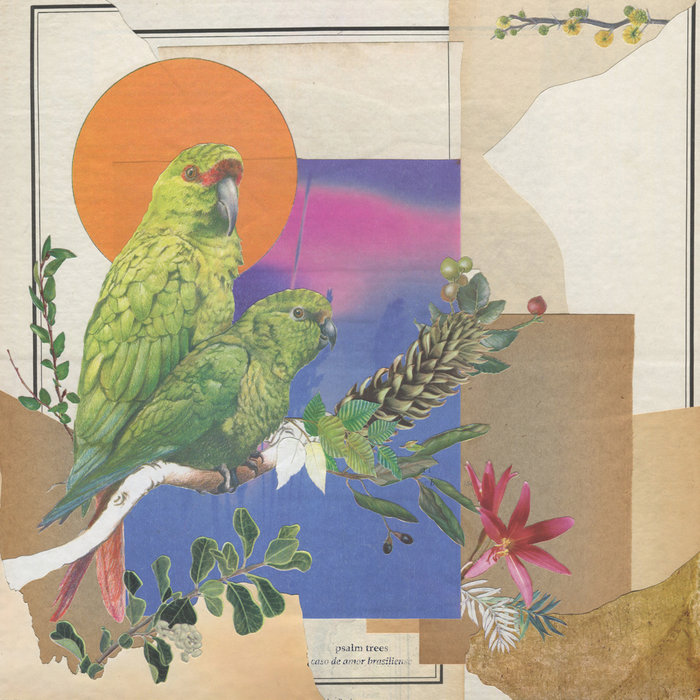
dois. caso de amor brasiliense – psalm trees
this blog is GROOVY – check out great Soul, Funk, Jazz, Hip Hop, Bass, Breaks , Reggae, House n many more TUNES
Welcome to the smooth, soulful world of instrumental hip hop! In this piece, we’ll groove through its history, uncovering its roots and the funky artists who shaped it along the way. So sit back, roll with the rhythm, and let’s dive in!
At its core, instrumental hip hop is like jazz for a new generation—a relaxed vibe that emphasizes beats without lyrics. Imagine cruising down a sun-soaked street with your windows down while chill sounds flow through your speakers. That’s instrumental hip hop—perfect for studying or just vibing out.
Instrumental hip hop started bubbling in the late 1980s alongside traditional rap music. DJ Kool Herc and Grandmaster Flash laid down some wicked scratchin’ techniques that would later inspire producers to create laid-back beats that spoke volumes without words.
One could argue that DJ Shadow, with his game-changing album Endtroducing….. (1996), was pivotal in shaping this genre. Sample-heavy tracks filled with moody grooves paved the way for future musicians to flex their creativity in fresh ways.
As we slipped into the 90s and early 2000s, beatmaking saw an explosion! We witnessed acts like J Dilla entering the scene—a true innovator who played around with soul samples and unique rhythms. His work on Donuts (2006) didn’t just make heads nod; it opened doors for countless producers worldwide.
You know what’s funny? J Dilla’s real name was James Yancey—but he also had a self-proclaimed title “the Donut Man.” He crafted beats while battling health issues leading up to his untimely passing at 32 years old—and yet he managed to release an album filled with mini-tracks right before he died! Talk about dedication!
Around this time, Japan stepped onto our musical stage like a ninja! Producers such as Nujabes fused jazz elements into mellow beats—creating dreamy soundscapes that felt both nostalgic and fresh. Many fans still reference him as one of their all-time influences—even after his tragic passing in 2010.
Interestingly enough, Nujabes has been credited as being so ahead of his time that even today’s artists can’t keep up! If you ever hear someone say they want “that Nujabes feel,” you know what they’re talkin’ about!
Fast forward to the mid-2010s when digital platforms made sharing easy-peasy lemon squeezy! Producers began creating tight-knit communities online via sites like Bandcamp and SoundCloud where they tossed out beat tapes left & right—each infused with unique flair tailored by influence from electronic music genres too.
One notable figure within those circles is Knxwledge; besides wheeling out smooth instrumentals under various monikers (including xvxxy), he co-produced Anderson .Paak’s iconic album Malibu! Did you know he claims there are always leftover beats? Like bowls full of tasty treats waiting on a shelf until inspiration strikes again!
Instrumental hip hop thrives on collaboration! Here comes another fun fact: legendary producer Flying Lotus collaborated not only in producing but even dug deep into animation by creating shows such as Adult Swim’s hit series The Boondocks. FlyLo once said playing video games inspires him – so when you’re enjoying Sonic speeding through loops remember those wicked instrumentals might have roots running deep into gaming nostalgia!
Today? The genre swells every day thanks primarily due towards social media connections opening paths between emerging talents & established legends alike across different styles worldwide—from lo-fi bedroom creators mixing tunes inside closets called ‘study sessions!’ Even people like Giraffage bring charm & finesse whilst mashing together genres seemingly melding everything connected under sun-kissed skies immortalized throughout space-time itself within melodic progressions resembling vibrant constellations lighting night sky high above us… How wild is that?!
So whether it’s jamming solo or having friends over for movie nights soundtracked by catchy vibes… Next time someone drops knowledge bombs asserting how various styles blend over slices pizza pie please don’t forget ‘bout our beloved instrumentals floating serenely among streams connecting hearts everywhere harmoniously bouncing off walls feeling oh-so-good while maintaining playful nature reminding folks why life needs more groove overall indeed baby… Let these harmonious waves wash away worries further igniting soulful connections making world better one beat at-a-time till next moment rings bells summoning universes beyond dreams past portals bursting joy continuously shining bright forever keeping spirits alive deeply rooted firmly standing tall just like mighty trees waving happily dancing breezes chasing sunsets endless possibilities unfolding naturally 🌊✨🎶

dois. caso de amor brasiliense – psalm trees